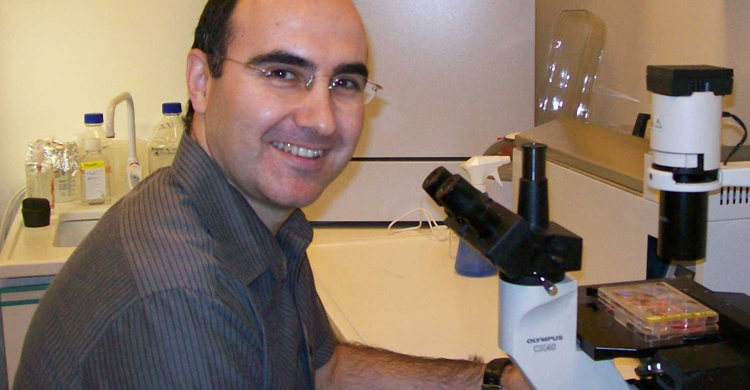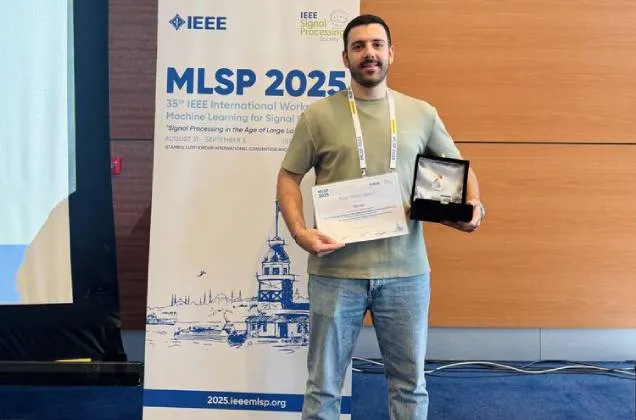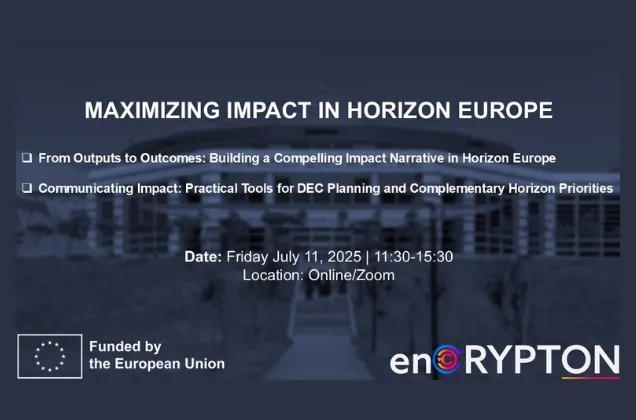22/10/2014
Sabancı University International Autophagy Symposium
Leading scientists of the world working on autophagy, a new and emerging field of biomedicine and molecular cell biology, will be in Turkey on October 21st and 22nd, 2014 in association with Sabancı University and the Turkish Biochemistry Association.

Autophagy is one of the fundamental biological mechanisms that recycles intracellular structures. Autophagy dysregulations are observed in many diseases including intracellular protein degradation disorders, ageing, cancer, neurodegenerative diseases and infectious diseases. Autophagy is a very basic and hot field of research that is extremely important for human health. The purpose of the meeting is to raise awareness and interest in the field of autophagy in Turkey. Within scientific circles, there are talks of autophagy being nominated for the Nobel Prize in Physiology and Medicine in the future.
Sabancı University has Turkey’s only active autophagy laboratory
Autophagy dysregulations are observed in many diseases including intracellular protein degradation disorders, ageing, cancer, neurodegenerative diseases and infectious diseases. Consequently, major drug companies worldwide are investing significant sums to discover and clinically validate novel drugs modulating autophagy. Currently there are around 200-250 labs dedicated to the study of various aspects of autophagy in the world, and around 150 labs are in Europe. The lab of Sabancı University Faculty of Engineering and Natural Sciences faculty member Devrim Gözüaçık is the only active autophagy lab in Turkey.
Devrim Gözüaçık is a doctor of medicine and an expert on molecular cell biology and genetics. His work on autophagy received science awards from Roche, European Molecular Biology Organization, Turkish Academy of Sciences and Istanbul Kültür University. In his research at Sabancı University, Gözüaçık leads pioneering studies in the connections between autophagy dysregulation and diseases like cancer and Parkinson’s. Dr. Gözüaçık is an editor of Autophagy journal printed in Texas and considered the leading publication in the field, and sits on the board of the New York-based International Cell Death Society. He is an academic referee for many national and international research institutions including Cancer Research UK, Wellcome Trust, UK, The Health Research Board, Ireland, Research Foundation Flanders, FWO (Belgium) and TÜBİTAK. In addition, Dr. Gözüaçık is internationally recognized for his work on programmed cell death.
Other speakers in the symposium
The invited speakers are top level scientists who are World class pioneers in their respective fields. They are all famous in the field of autophagy:
Richard Lockshin (USA): One of the pioneers of the "Programmed Cell Death Field" and a prominent scientist in the "Autophagy and Cell Death Field", writer of many popular science books. He is the first person in the history to coin the term “Programmed Cell Death” in his early seminal works, opening the way for one of the major fields in current biomedical research. Dr Lochshin is also the founder of the “International Cell Death Society” that brings together researchers from varying backgrounds and countries to each other, in an attempt to foster international cooperation and collaborations based on new and different ideas in biomedical research.
Ana Maria Cuervo (USA): The founder of the "Chaperone-mediated Autophagy (CMA) Field", prominent scientist in the "Ageing Research Field". She continued the work of Fred Dice, her former mentor and single handedly discovered the basic mechanisms governing this very basic biological phenomenon. Her work also showed the importance of CMA dysregulation in human diseases including ageing, cancer and neurodegenerative diseases (e.g. Alzheimer’s disease).
Zahra Zakeri (USA): Prominent scientist in the "Viruses and Autophagy Field", Chairperson of the "International Cell Death Society" and the "Scientists without Borders Initiative". Her work layed foundations of research on cell death regulation mechanisms. Moreover, she made important contributions that allowed a better understanding of how viruses currently threatening humanity, including Ebola and Dengue and Influenza abuse autophagy mechanisms for their infection, multiplication and spread.
Jörn Dengjel (Germany): Prominent Scientist in the field of "Proteomics of Autophagy". He published landmark papers revealing how autophagy networks are connected at a protein level. He published important work relating autophagy to immunity, cancer and lifespan.
In addition, young scientists Devrim Öz-Arslan (Acıbadem University) and Elif Damla Arısan (Istanbul Kültür University) will present their work on autophagy.
By Melek Sarı




